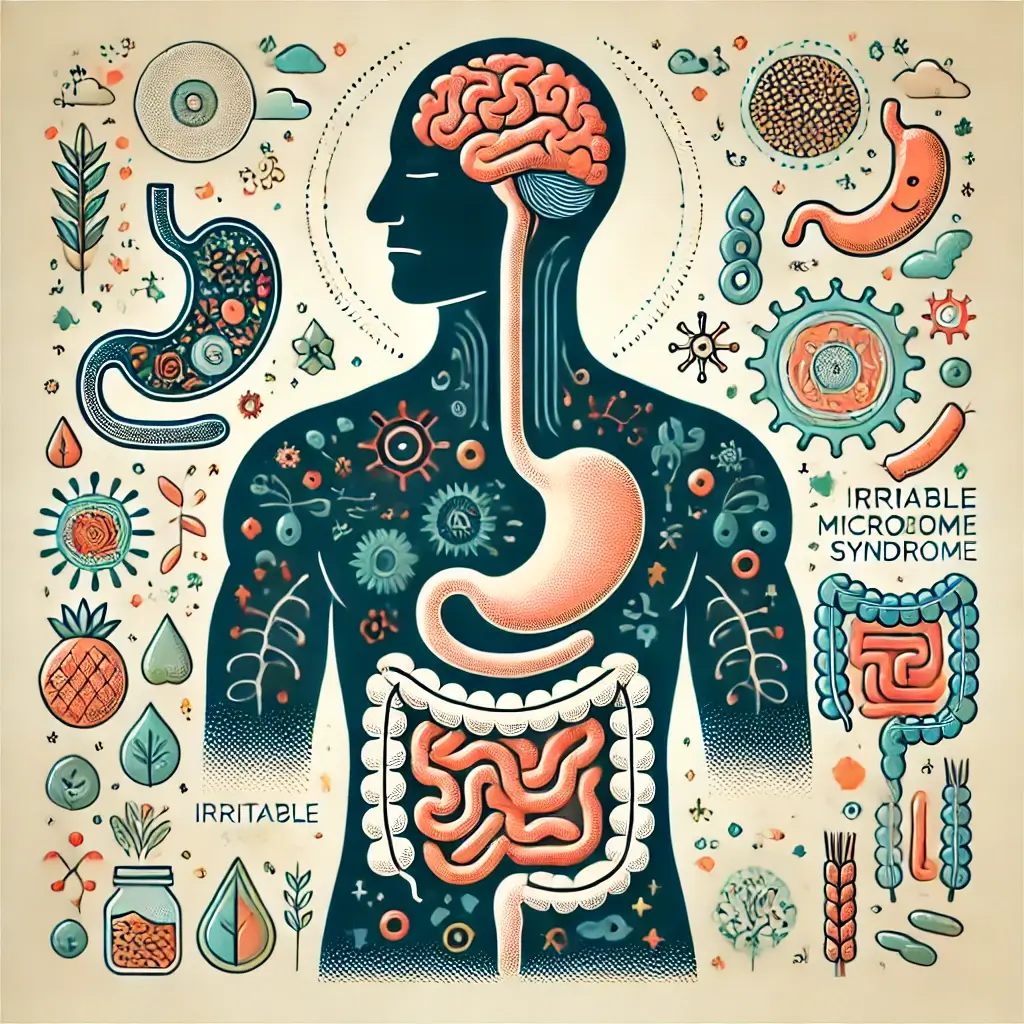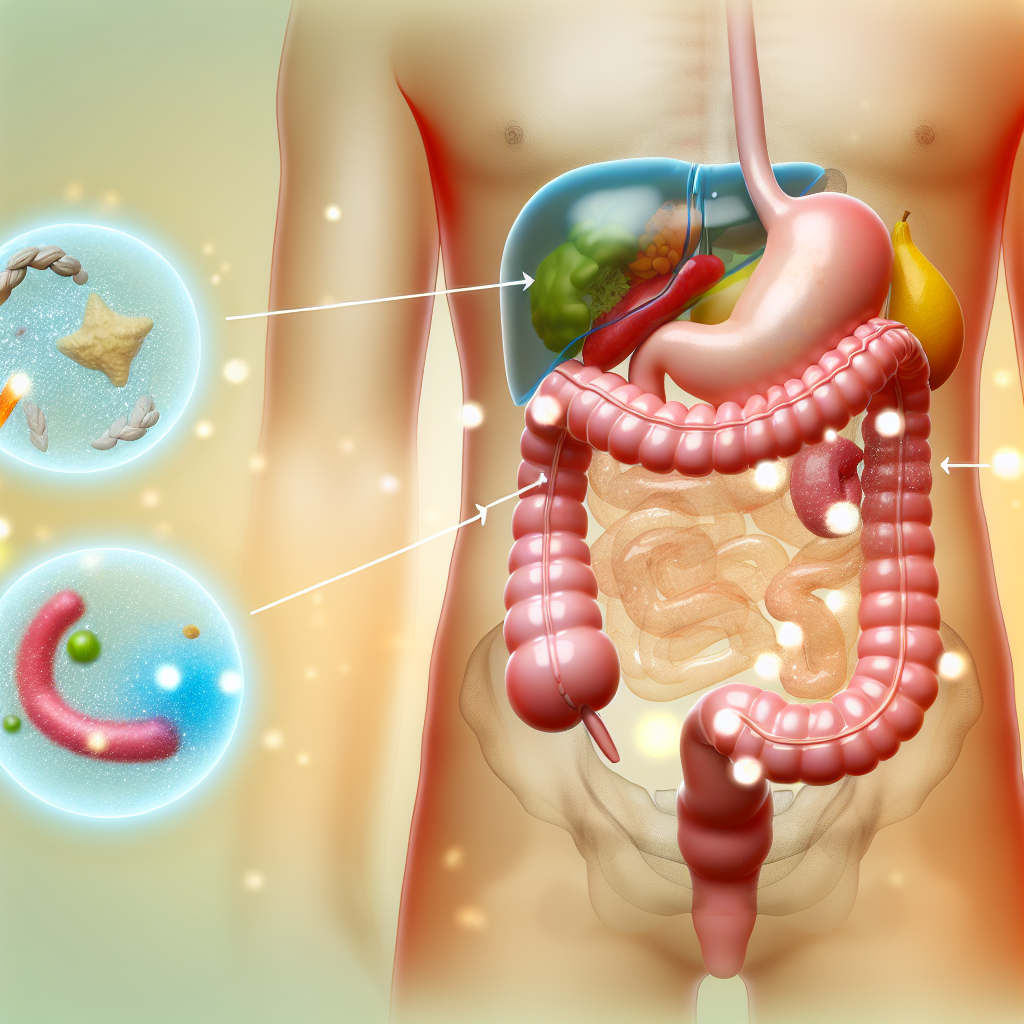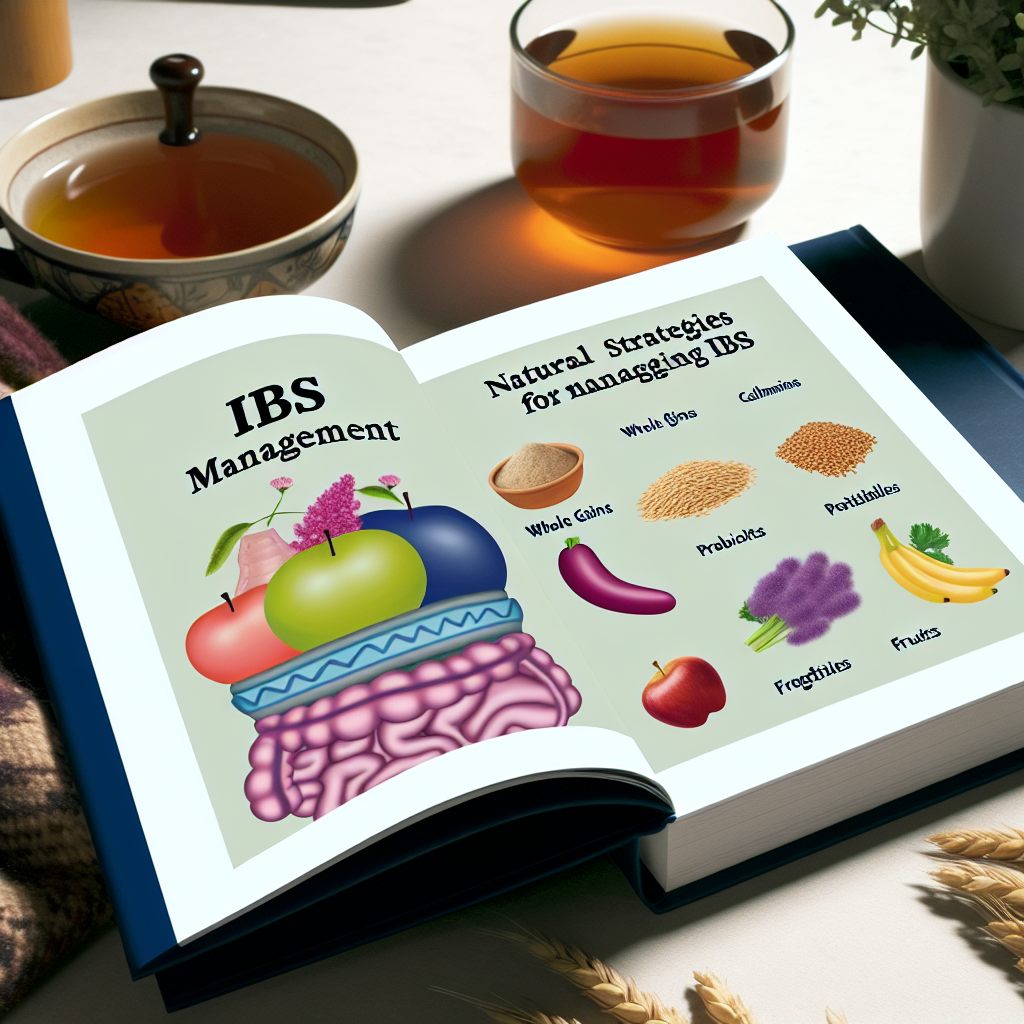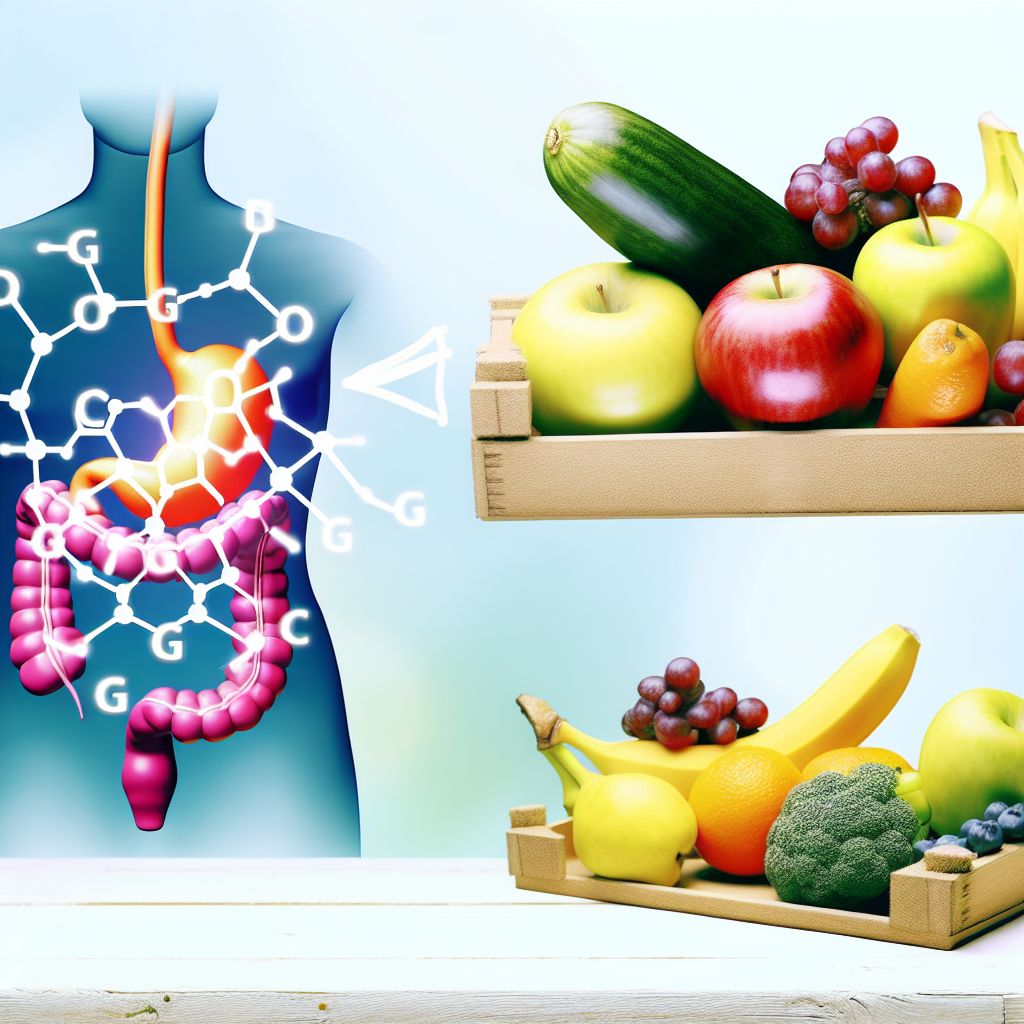Understanding IBS Impact
Irritable Bowel Syndrome (IBS) is more than just a digestive disorder; it’s a condition that impacts daily life, affecting physical health, mental well-being, and even social interactions. As one of the most common gastrointestinal conditions, IBS affects an estimated 10-15% of the global population. It is characterized by recurring abdominal pain, bloating, and altered bowel habits, such as diarrhea, constipation, or both. Despite its prevalence, the exact cause of IBS remains unknown, which often leads to frustration for those seeking effective management strategies.
Medical Research Advances
Recent advances in medical research have shifted the focus from symptom management to understanding the underlying mechanisms of IBS. From the gut-brain axis to the role of the microbiome, scientists are uncovering the complex factors contributing to this condition. This knowledge has opened the door to more personalized treatment options, giving hope to individuals who struggle to maintain their quality of life.
Holistic Management Approach
In this article, we’ll explore the key factors influencing IBS, review the latest research, and outline actionable strategies that can help manage symptoms. By adopting a holistic approach to IBS management, patients can navigate IBS with greater confidence and control.
The Gut-Brain Connection
The gut-brain axis, a communication network linking the gastrointestinal system and the brain, plays a critical role in IBS. Research has shown that stress and emotional disturbances can disrupt gut sensitivity and changes in motility (Black et al., 2020). This explains why stress management is a cornerstone of IBS treatment.
Role of Gut Microbiome
The gut is home to trillions of microorganisms that contribute to digestion, immunity, and overall health. Dysbiosis, or an imbalance in these microbial populations, has been linked to IBS symptoms such as bloating and irregular bowel movements. Studies have shown that individuals with IBS often exhibit reduced microbial diversity, suggesting that restoring balance could alleviate symptoms (Thursby & Sonnenburg, 2015).
Impact of Diet
Dietary choices significantly influence IBS symptoms. High-FODMAP foods are known to exacerbate bloating and abdominal discomfort due to their fermentation in the gut. Identifying and eliminating dietary triggers is a personalized yet essential step in managing IBS effectively (Ong et al., 2010).
Effective Management Strategies
A low-FODMAP diet has emerged as one of the most effective dietary interventions for IBS. By limiting fermentable carbohydrates, this approach can significantly reduce symptoms. However, it should be followed under the guidance of a dietitian to ensure nutritional adequacy.
Fiber Management
While fiber is essential for digestive health, not all types benefit IBS patients. Soluble fiber from oats and psyllium is generally better tolerated than insoluble fiber, which can worsen symptoms like bloating (Böhn et al., 2015). Food journaling can help identify personal triggers and inform dietary adjustments.
Mental Health Interventions
Stress management is integral to IBS management. Techniques such as mindfulness meditation, yoga, and cognitive-behavioral therapy have been shown to reduce stress and improve gut-brain communication. These practices not only alleviate physical symptoms but also enhance emotional resilience (Ford et al., 2020).
Probiotic Solutions
Probiotics, particularly strains like Bifidobacterium and Lactobacillus, may help restore microbial balance in the gut. Prebiotics, which feed beneficial bacteria, are another promising area of research. However, not all probiotics are effective for IBS, emphasizing the need for individualized recommendations from healthcare providers (Ford et al., 2018).
Medical Treatment Options
Medications can address specific IBS symptoms: antispasmodics for abdominal pain, antidiarrheals for diarrhea, and laxatives for constipation. Consultation with a doctor is crucial to determine the most appropriate medications based on symptom patterns.
Comprehensive Wellness Approach
Living with IBS requires a multifaceted approach that addresses both physical and emotional well-being. Open communication with healthcare providers and support groups is essential for tailoring treatment plans. By combining dietary adjustments, stress management, and medical therapies, individuals can achieve greater control over their symptoms and enhance their overall quality of life.
Moving Forward
While IBS presents unique challenges, it is a manageable condition with the right tools and support. Advances in understanding the gut-brain axis, microbiome, and dietary influences have paved the way for more effective treatments. By staying informed and adopting a personalized approach, patients can reclaim their health and enjoy a higher quality of life. Continued research promises even more innovative solutions, offering hope for those navigating the complexities of IBS.
References
Black, C. J., & Ford, A. C. (2020). Global burden of irritable bowel syndrome: Trends, predictions, an
d risk factors. Nature Reviews Gastroenterology & Hepatology, 17(4), 473–486. https://doi.org/10.1038/s41575-020-0317-6
Böhn, L., Störsrud, S., & Simrén, M. (2015). Nutrient intake in patients with irritable bowel syndrome compared with the general population. Neurogastroenterology & Motility, 27(6), 807–816. https://doi.org/10.1111/nmo.12561
Ford, A. C., Harris, L. A., Lacy, B. E., & Quigley, E. M. M. (2020). Systematic review with meta‐analysis: The efficacy of prebiotics, probiotics, synbiotics, and antibiotics in irritable bowel syndrome. Alimentary Pharmacology & Therapeutics, 51(3), 282–299. https://doi.org/10.1111/apt.15659
Ong, D. K., Mitchell, S. B., & Barrett, J. S. (2010). Manipulation of dietary short-chain carbohydrates alters the pattern of gas production and genesis of symptoms in irritable bowel syndrome. Journal of Gastroenterology and Hepatology, 25(8), 1366–1373. https://doi.org/10.1111/j.1440-1746.2010.06370.x
Thursby, E., & Sonnenburg, E. D. (2015). The gut microbiome: Modelling microbial communities in the gut. Microbiology Spectrum, 3(3). https://doi.org/10.1128/microbiolspec.AEM-0001-2014

Dominic E. is a passionate filmmaker navigating the exciting intersection of art and science. By day, he delves into the complexities of the human body as a full-time medical writer, meticulously translating intricate medical concepts into accessible and engaging narratives. By night, he explores the boundless realm of cinematic storytelling, crafting narratives that evoke emotion and challenge perspectives.
Film Student and Full-time Medical Writer for ContentVendor.com




